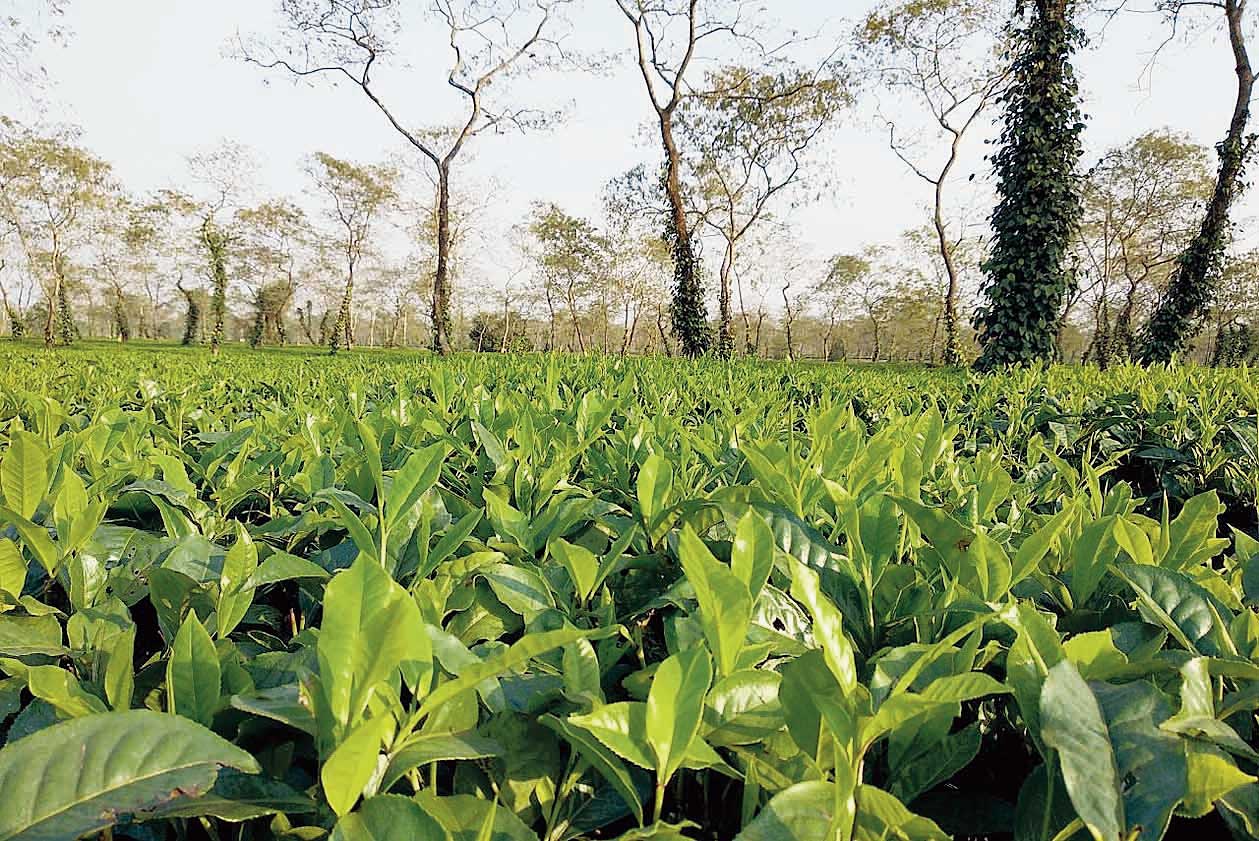Assam and Bengal, India’s two leading tea producing states, are poised to choose different paths in the battle to come out of the extended lockdown which has crippled production and threatened livelihood of lakhs of workers.
While the BJP government in the country’s largest producing state of Assam followed the guideline issued by the Union ministry of home affairs allowing 50 per cent of the workforce to join the processing of tea, the Trinamul Congress dispensation in Bengal decided to permit only 25 per cent of the labourers.
The busiest season for the tea industry from March to June when the best quality brew is produced, fetching nearly two-third of the revenue. Having only a quarter of the workforce would certainly dent productivity and profitability of Bengal gardens more, especially those located in the Darjeeling hills.
Chief minister Mamata Banerjee reiterated Bengal’s decision to allow only 25 per cent workforce on the day the Centre said 50 per cent of the labourers could be engaged.
“Darjeeling operation is increasingly becoming unstable. We had a long period of strike in 2017, which crippled the industry and allowed cheap Nepal tea to flood the market. Similar situation is happening again. While our gardens are unable to produce, cheap tea counterfeiting as Darjeeling Tea is crossing the border,” a top tea producer, who has multiple gardens in Bengal and Assam, said.
The focus of 87 gardens in Darjeeling has turned to producing the best out of second flush tea, whose season starts from end April to early May, depending on the elevation. About 2 million kg tea is produced this season, accounting for 30-35 per cent of the revenue.
“Assam had a slight advantage as its administrative machinery was very active in isolating suspects. Hence, they could take bolder steps. But I am hoping Bengal will soon follow Assam,” said a city-based industrialist who has interest in tea and jute.
Sumit Ghosh, secretary of the Terai branch of Tea Association of India, said: “The industry has already suffered in the lockdown and now that only 25 per cent of the workforce is allowed, it is not possible to make optimum production. If gardens are allowed to use half of the workforce, they can at least try to increase the production to some extent.”

